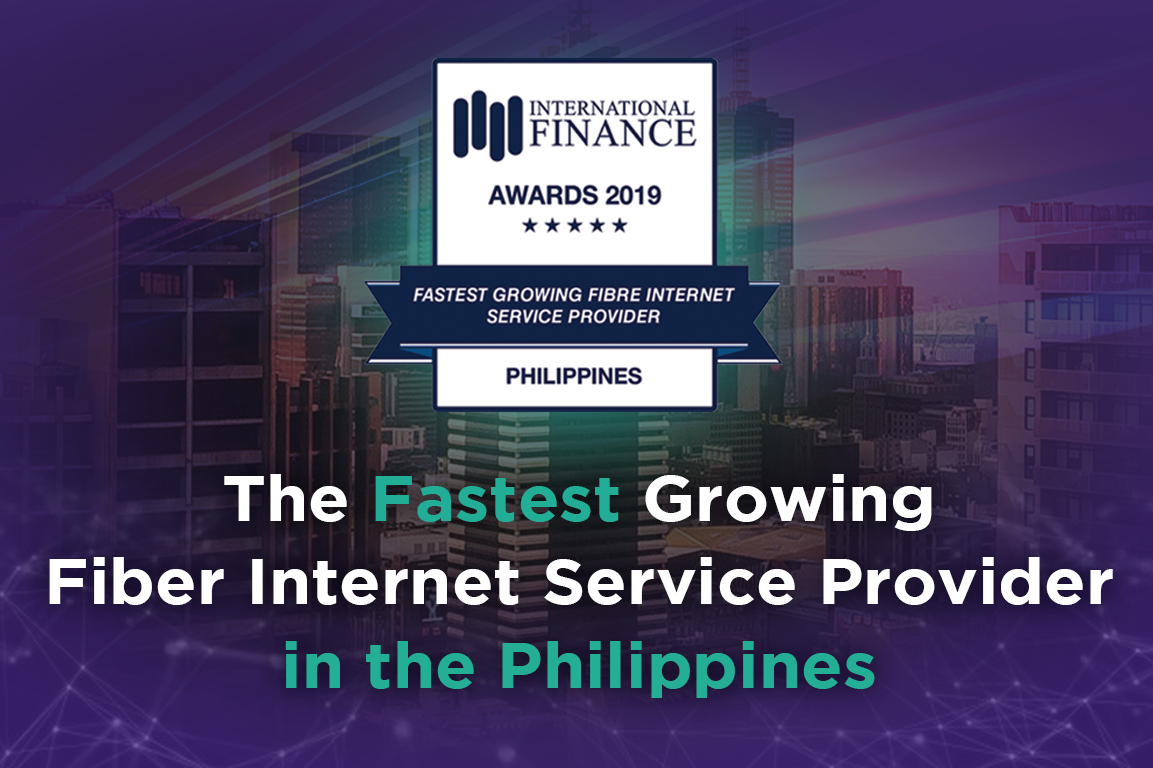 Thriving Micro Businesses in the Philippines: Key Facts You Should Know
Thriving Micro Businesses in the Philippines: Key Facts You Should Know
Are you curious to know about micro-businesses? Wondering how to start your own? These small-scale enterprises, like home-based food businesses, sari-sari stores, and online retail shops, require minimal investment but have the potential to grow into something bigger.
Microbusinesses drive the economy, creating jobs and supporting local communities. This article explores the basics of a micro business, its pros and cons, and how aspiring entrepreneurs can start one. With the right strategies and resources, even the smallest business can thrive.
What is a Micro Business Enterprise?
In the Philippines, micro businesses are defined under the Magna Carta for Micro, Small and Medium Enterprises (MSMEs) (Republic Act No. 9501) as enterprises with assets up to PHP 3,000,000, including those from loans but excluding the land where the business is situated.
Micro businesses empower individuals to establish sustainable livelihoods for themselves.. Within rural communities, successful small-scale enterprises drive economic development and foster creative problem-solving among community members.
Launching a microenterprise creates opportunities for economic independence. When equipped with proper resources, reliable infrastructure, and modern digital solutions, these entrepreneurial ventures can effectively participate in today’s competitive marketplace.
What are the characteristics of a Micro Business?
- Small-Scale Operations. A micro business is limited in size and workforce, typically having fewer than ten employees. Many of these businesses are run by a single owner, sometimes with family members or a small team. Because of this, micro businesses often operate from home offices, small storefronts, or shared workspaces.
- Low Capital Investment. Many micro businesses require modest startup capital. Many entrepreneurs launch their businesses using their savings, microloans, or limited external financing options.
- Localized and Flexible Operations. Most micro businesses serve a specific local market, catering to the needs of their immediate community and offering quick, personalized service.
- Owner-Managed. Micro business proprietors maintain direct involvement in operations, simultaneously managing day-to-day activities and strategic business development.
Micro businesses commonly operate under sole proprietorship structures, though they may adopt corporate, partnership, or LLC frameworks. The selected business format influences taxation policies, with sole proprietors facing personal income tax obligations while incorporated entities encounter corporate tax structures.
Despite it all, starting a business still requires careful planning and dedication, even if they’re small. Owners will need to secure the necessary permits and set up proper financial, operational, and marketing systems and ensure compliance with legal and tax regulations.
Examples of Micro Businesses in the Philippines
 If you’re thinking of starting your own micro business, it helps to know the different types. Here are some of the most common ones in the country:
If you’re thinking of starting your own micro business, it helps to know the different types. Here are some of the most common ones in the country:
Traditional Micro businesses
These are the businesses we’ve known for years—family-run, easy to start, and built to serve the everyday needs of their communities.
- Sari-Sari Stores. These small corner stores sell essential goods like snacks, canned food, and household items. A go-to for people who need something quick without heading to the supermarket.
- Carinderias and Small Eateries. These are small food stalls offering home-cooked meals at affordable prices. Many of these start from home kitchens and grow into small restaurants.
- Home-Based Services. These businesses provide services like laundry, tailoring, beauty services, or hairdressing, usually operating out of the owner’s home.
Online and Digital Micro businesses
Another example of a micro business in the Philippines is the digital micro business. Through modern connectivity, many Filipino entrepreneurs can operate successful ventures without physical establishments. Owners of these businesses can sell products or offer services from anywhere with just a phone and an internet connection.
- Online Selling. Many sellers leverage major platforms like Facebook Marketplace, Instagram, Shopee, or Lazada to sell a wide range of products, from fashion and electronics to culinary creations and handcrafted items.
- Freelancing and Digital Services. Content creators, design specialists, and remote administrative professionals serve clients across domestic and international markets.
Micro businesses in Rural Communities
 Rural regions host numerous micro-enterprises that bolster local their local economistic development and industry growth.
Rural regions host numerous micro-enterprises that bolster local their local economistic development and industry growth.
- Backyard Farm and Poultry. Raising livestock or growing crops on a small scale is common. Serving their local communities by supplying fresh produce in local markets or to larger businesses in the community.
- Handicrafts and Cottage Industries. Many Filipinos make a living through weaving, pottery, furniture-making, and embroidery, creating unique handcrafted goods.
- Local Food Production. Some small businesses specialize in making coffee, cacao, or other food products.
Challenges of Running a Micro Business
 Running any business has its fair share of struggles. With the right approach, micro business owners can overcome these obstacles and ensure business continuity.
Running any business has its fair share of struggles. With the right approach, micro business owners can overcome these obstacles and ensure business continuity.
Here’s a look at some of the biggest challenges micro businesses face:
- Limited Funding Access to funding remains a critical challenge for microenterprises. Micro business owners often struggle to qualify for traditional bank loans due to their limited assets. Resulting in many owners relying on their savings ort small personal loans from family and friends to raise enough capital.
- Market Competition In today’s competitive marketplace, many businesses sell similar products or services. Standing out can be challenging. With bigger companies having the advantage of large-scale marketing campaigns. Still, micro business enterprises can compete by focusing on what makes them unique.High-quality products, personalized customer interactions, and a strong brand identity can make all the difference. Having an engaging social media presence, swift replies to inquiries, and offering promos or loyalty programs can also help attract and retain customers.
- Lack of Digital Presence
Although many micro businesses still rely on word-of-mouth marketing, this approach restricts their reach. With the surge in online shopping among Filipinos, establishing a digital presence is a must. Platforms like Facebook, Instagram, and TikTok provide cost-effective marketing solutions, enabling businesses to expand their reach without significant advertising expenses. - Operational Challenges
Big businesses have dedicated teams for operations, sales, and customer support. Micro business owners must handle these responsibilities independently due to resource constraints.
Leveraging digital tools can help streamline daily operations. For example, modern inventory tracking software minimizes time investment while increasing accuracy. It also helps to have a reliable internet service, especially for micro businesses that rely on real-time transactions and bookings.
The Benefits of Starting a Micro Business
Despite the challenges, a micro business also has significant advantages, which make it an attractive option for aspiring entrepreneurs.
-
Low Startup Cost
One of the most significant advantages of a micro business is its low barrier to entry. Unlike larger business ventures that require substantial capital, micro businesses can start with minimal investment. Starting a bakery, an online retail store, or any other micro business in the Philippines requires just a few essential tools and a stable internet connection. This low cost of entry allows business owners to focus their funds on growth instead of large upfront expenses.
-
Independence and Flexibility
Another benefit of running a micro business is the freedom it offers. Unlike traditional employment, micro business owners have complete control over their schedules., letting them choose when, where, and how they work.
-
Boosting the Local Economy
Micro businesses provide goods and services that cater to hyper-local needs. Crucially, they generate employment opportunities and help keep money circulating in the within the community. By supporting local businesses or starting one, you strengthen your local economy.
-
Scalability
Many successful micro business enterprises start small. Entrepreneurs can leverage digital tools and platforms to test ideas, refine products, and build customer relationships before making major investments. Once successful, it can be scaled to grow even further. Consider how a solo fashion entrepreneur starting on digital platforms can evolve into a successful brick-and-mortar retailer with a physical presence.
-
Access to Government Support
To help small businesses, the Philippine government introduced Republic Act 9178, also known as the Barangay Micro Business Enterprises (BMBE) Act of 2002. This law offers benefits like tax exemptions, financial assistance, and skills training. R.A. 9501 also provides support for MSMEs.Additionally, alternative financing options are available. For example, DTI’s Pondo sa Pagbabago at Pag-asenso and Negosyo Center offer financial aid and business support, helping micro businesses get the necessary resources to grow. The Negosyo Center also provides free business mentorship, help with registration processes, and financial guidance.
How to Start a Micro Business
Now that you know what a micro business is, its types, and the resources available, are you ready to start your own?
-
Identify Your Business Idea
Your business should be aligned with your skills, interests, and market demand. Identify untapped opportunities by recognizing unmet consumer needs, unsolved challenges, or service gaps in your target market.
-
Fail to Plan, Plan to Fail
Outline your goals, single out your target market, develop marketing strategies, and plan your day-to-day operations. Even for a small business, having a clear plan increases your chances of success.
-
Secure Funding
While your capital needs are minimal, you still need a sound financial strategy to keep your business going. Consider applying for small business loans or seeking support from microfinance institutions. Some entrepreneurs also use crowdfunding or raise funds from family and friends to get started.
- Register Your Business
Register your business with the appropriate government agencies to ensure it is legally recognized. Make sure you obtain the necessary permits and licenses so you can operate without any hassles.
Empower Your Micro Business for Success
Micro businesses may be small, but they make a big difference, especially in your community. Running a micro business means creating jobs, supporting families, and strengthening the community. They offer great opportunities and plenty of room to grow. With the right strategies, tools, and support, owning a micro business becomes easier.
When it comes to operating your business online or with digital tools, a fast and stable internet connection is a must. Whether you need to handle orders, market products, or stay in touch with customers, a reliable connection keeps your business running smoothly.
With Converge, you get the speed and reliability to keep your micro business running smoothly. Explore affordable internet plans today and give your micro business the reliable connection it needs!









